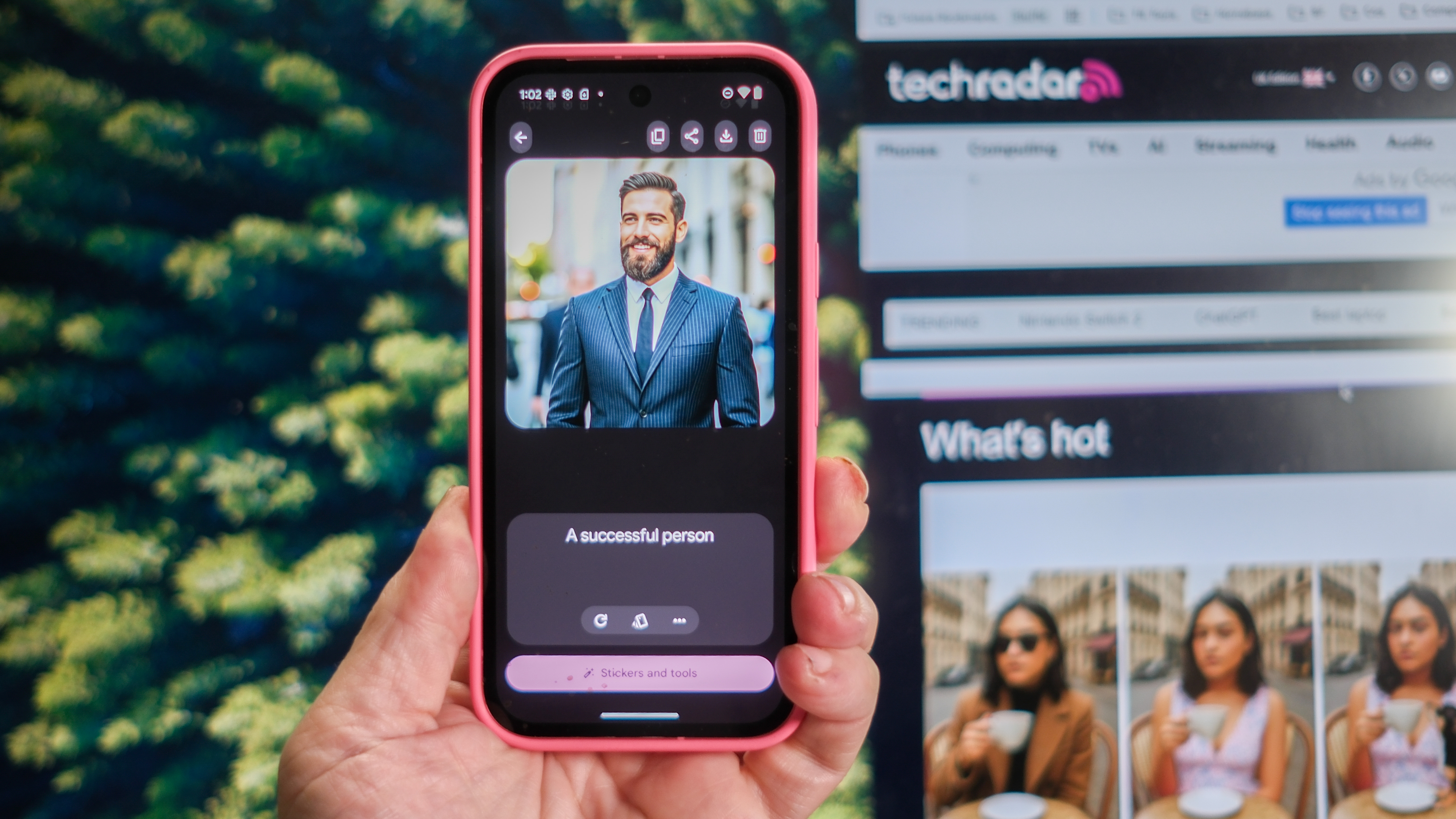Tech Radar
1M
297

Image Credit: Tech Radar
I asked the Google Pixel 9a to make an image of a successful person and the results were depressingly predictable
- The Google Pixel 9a has an AI-powered image generator called Pixel Studio that reinforces harmful stereotypes regarding successful people.
- Pixel Studio's images predominantly depict young, white, able-bodied men as successful, perpetuating biases and limiting diversity.
- The tool lacks representation of older individuals, those with disabilities, and non-white or transgender individuals in its concept of success.
- The biases in Pixel Studio's images are rooted in the training data extracted largely from the internet, reflecting societal prejudices.
- The reinforcement of stereotypes by AI tools like Pixel Studio contributes to discrimination, hiring biases, and unequal opportunities.
- Stereotyping through AI images can lead to real-world harm, including health issues and systemic inequalities.
- The failure of AI tools to address these biases points to a lack of genuine intelligence in artificial intelligence systems.
- The article urges for action to address the perpetuation of stereotypes in AI-generated images and highlights the importance of diversity and inclusivity.
- Google has not responded to concerns raised regarding the negative stereotypes reinforced by Pixel Studio, prompting calls for reevaluation or removal of such features.
- The article critiques the reliance on AI to create biased images of success and advocates for a more thoughtful and inclusive approach in AI development.
- Ultimately, the call is made to prioritize ethical considerations and social impact in AI technology to prevent further harm and perpetuation of stereotypes.
Read Full Article
17 Likes
For uninterrupted reading, download the app